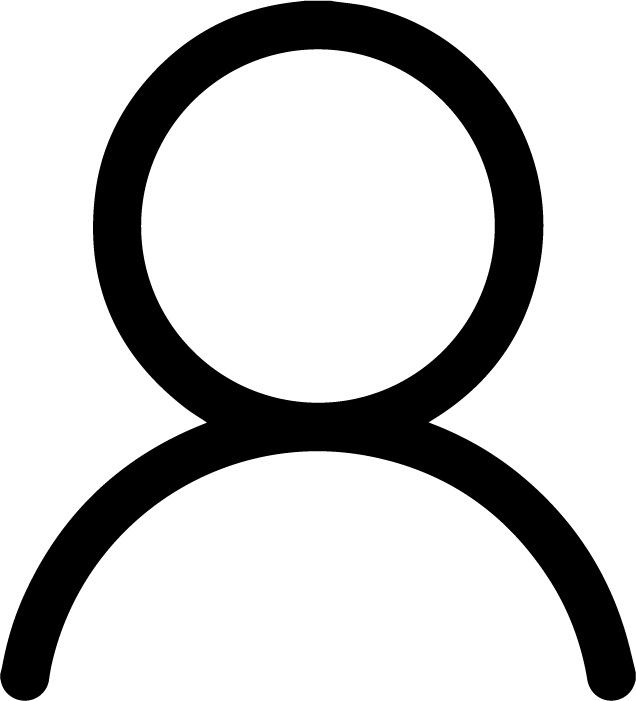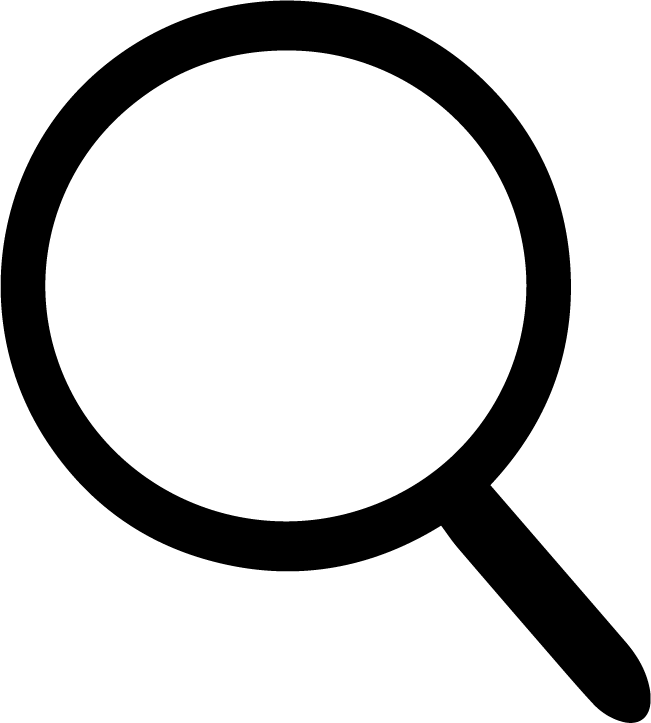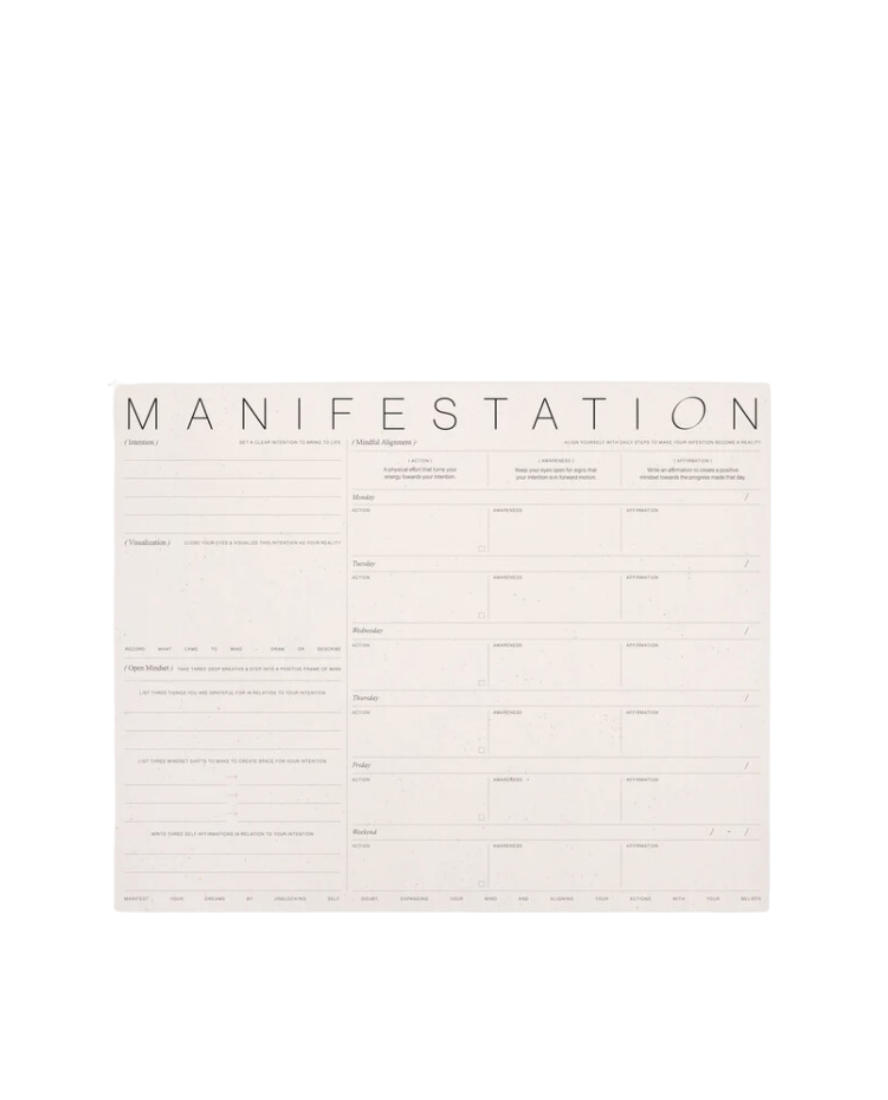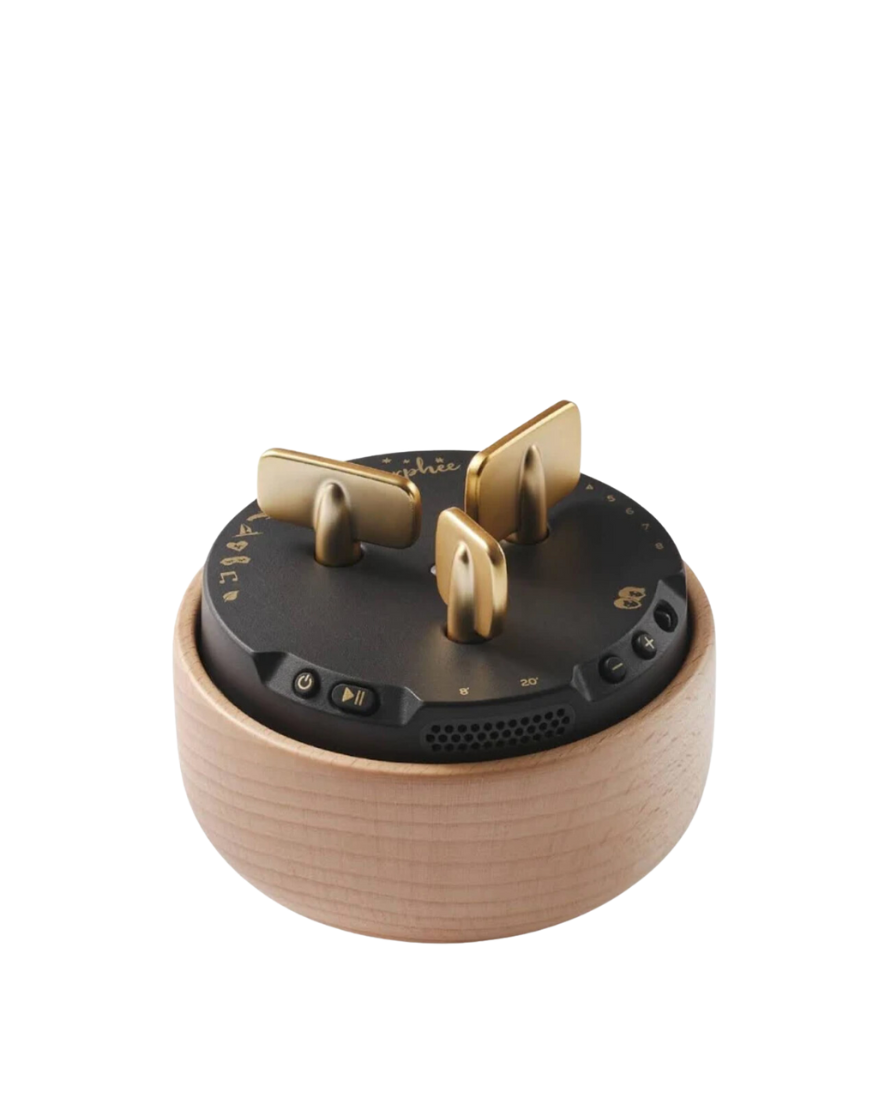Discovering your Ikigai is important for two main reasons, one that’s incredibly factual and one that’s a little more emotional and personal.
Facts and figures are always a good place to start, so let’s take a look at some of the factual reasons why finding your Ikigai might be so important!
Studies in Japan have shown that having Ikigai (as opposed to not having it) is associated with a lower risk of developing disability, dementia, and depression. Additionally, those who have Ikigai also have higher happiness levels, more satisfaction in life, and may even have a higher socioeconomic status.
Moreover, although the Japanese culture and lifestyle may have a lot to do with the overall longevity of Japanese people, some have linked the concept of Ikigai with the research that shows Japanese people have the second highest life expectancy in the world.
On a more emotional level, there’s great joy and peace associated with finding out what you really want to do in life, or at least gaining more of an understanding of what you think your purpose might be so that you can explore it and see if it does make you happy.
If you’re struggling to know where you are right now, you don’t know which career direction to take, or you’re wanting to do the inner work and discover a little bit more about what your purpose is, even just going through the process of trying to discover your Ikigai can be incredibly impactful.



















